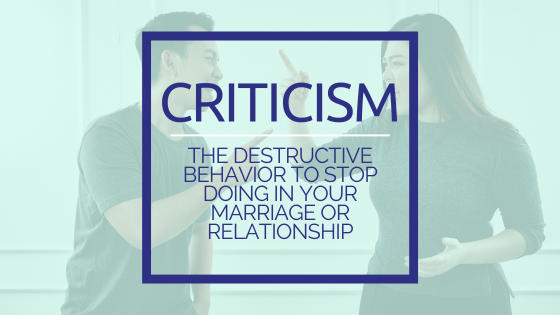Tell us a little about your background as a therapist…
Hello there! My name is Lauren Little, and I am an Austin, TX-based Licensed Marriage and Family Therapist (LMFT) Associate seeing individuals, couples, and other relational units. As an Austin couples therapist, I work with a variety of clients and draw on my training in several therapeutic models, including Attachment Theory, Emotionally Focused Therapy (EFT), Gottman Method Couples Therapy, and Internal Family Systems (IFS). Additionally, I have received specific training in grief and loss, spiritual harm and religious trauma, and sex therapy.
Why did you choose to become a therapist?
For the past decade, I have worked as a pediatric nurse caring for patients and their families facing chronic and terminal illnesses. My passion has always been to offer compassionate, holistic care. Over time, I found myself especially drawn to the mental health side of caring for others. My own experience in therapy has had a profound impact on me and ultimately inspired me to pursue graduate school. I went on to complete my Master’s in Counseling at Texas State University and pursued additional counseling training for couples therapy and other populations, further deepening my commitment to helping others on their healing journey.
What are you passionate about in the therapy room?
My training reflects the many passions that led me to become a therapist. As an Austin couples therapist, I am especially passionate about working with couples and individuals who seek deeper intimacy within their relationships and wish to overcome challenges in emotional and physical connection. I enjoy working with clients who desire a deeper understanding of themselves and their relationships with others.
Additionally, I am deeply committed to supporting clients who have experienced grief or loss, addressing the many aspects of life that can be impacted by these experiences. I am also particularly passionate about working with individuals who have experienced spiritual harm or religious abuse, helping them heal and rebuild a healthy sense of self.
In my work with individuals, I am dedicated to supporting those navigating life transitions, managing anxiety and depression, and those who may have experienced trauma or have developmental trauma histories.
Beyond the therapy space, what do you enjoy?
Outside of sessions, I cherish time with my husband and our baby girl. Together we love exploring Austin and find joy in the food and coffee scene. Catching live music or sitting down to a meal with family and friends are other favorite activities. If I’m not doing these things, I enjoy a good yoga flow, getting lost in a book, or finishing a sewing project. I am currently working on a quilt and learning how to two-step!





































































